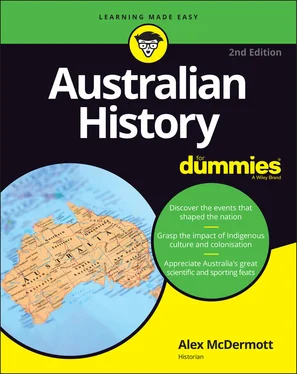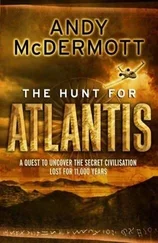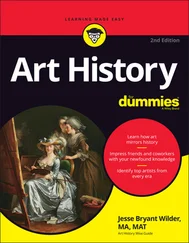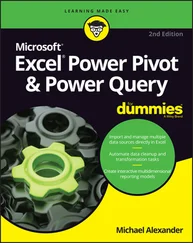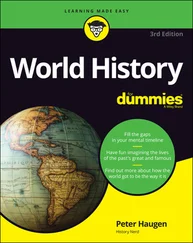Recognising Macquarie’s Legacy
Macquarie left NSW in 1821, with large crowds lamenting his departure. He endured a cold and hostile reception on his return to Britain, just as the highly critical Bigge Report was published. He died in 1824, feeling bitter, misunderstood and misrepresented. But despite how he came to be viewed by most people in power in Britain, Macquarie created a legacy, something beyond the innumerable Macquarie Streets, Macquarie townships, Macquarie Harbours, and Macquarie Rivers, fields and hills which he so delighted in naming.
Australia was now known as Australia, and it was Macquarie who got the continent’s official name changed from New Holland (refer to the sidebar ‘Flinders goes investigating and finds the name Australia’ for more on this). And for the first time in Australia’s history, the man in power decided that this new society was being built not for the officials, the officers or the few free settlers, nor for the British Government to use as simple dumping ground or receptacle for punishment. Australia was here for the convicts and ex-convicts themselves, their children and descendants.
In the decades that followed Macquarie’s rule, a new tone became evident in colonial debate and discussion, as the mass of colonials began loudly declaring: ‘This country belongs to us’.
Exactly why Macquarie promoted this idea is hard to say. He was no progressive, wanting to innovate and change society’s structures and mores. His actions were the product of no revolutionary new social code or progressive movement. He was a classic, gruff, 18th-century old-style Tory conservative, who believed in hierarchy, obedience, respect and order. He wanted to combine kindness with firmness.
Perhaps the chance to play benevolent patriarch and to preside, Scottish-chieftain-style, over a flourishing and vibrant new colony simply brought out a strong element in his character that had previously not had such scope to express itself. It’s not every day you get appointed autocrat over a whole colony, after all. Regardless, because of Macquarie, the sense of Australia began to shift significantly — and it’s why he’s the only governor or leader from these early years to have inscribed on his grave the epitaph, ‘Father of Australia’.
Part 2
1820s to 1900: Wool, Gold, Bust and then Federation
IN THIS PART …
Understand why Britain belatedly tried to introduce more order, efficiency and discipline into the convict system and colonial life in general in the 1820s — and why in the 1840s Britain began getting out of the whole convict thing, and transportation to NSW ended.
Find out more about the newly self-governing Australian colonies hitting the gold jackpot — pulling the colonies out of the chronic slackness of the 1840s global depression, triggering a long boom that lasted more than 30 years, and transforming the shape and nature of colonial society.
Discover how the 1850s to 1880s saw rapid expansion in cities, settlement, exploration, transportation and technology — and a growth in ‘larrikinism’ and bushranging.
Examine the factors that led to Australia being christened a ‘workingman’s paradise’ — until the boom stopped and, in the new austerity, people started thinking about nationhood.
Конец ознакомительного фрагмента.
Текст предоставлен ООО «ЛитРес».
Прочитайте эту книгу целиком, купив полную легальную версию на ЛитРес.
Безопасно оплатить книгу можно банковской картой Visa, MasterCard, Maestro, со счета мобильного телефона, с платежного терминала, в салоне МТС или Связной, через PayPal, WebMoney, Яндекс.Деньги, QIWI Кошелек, бонусными картами или другим удобным Вам способом.
